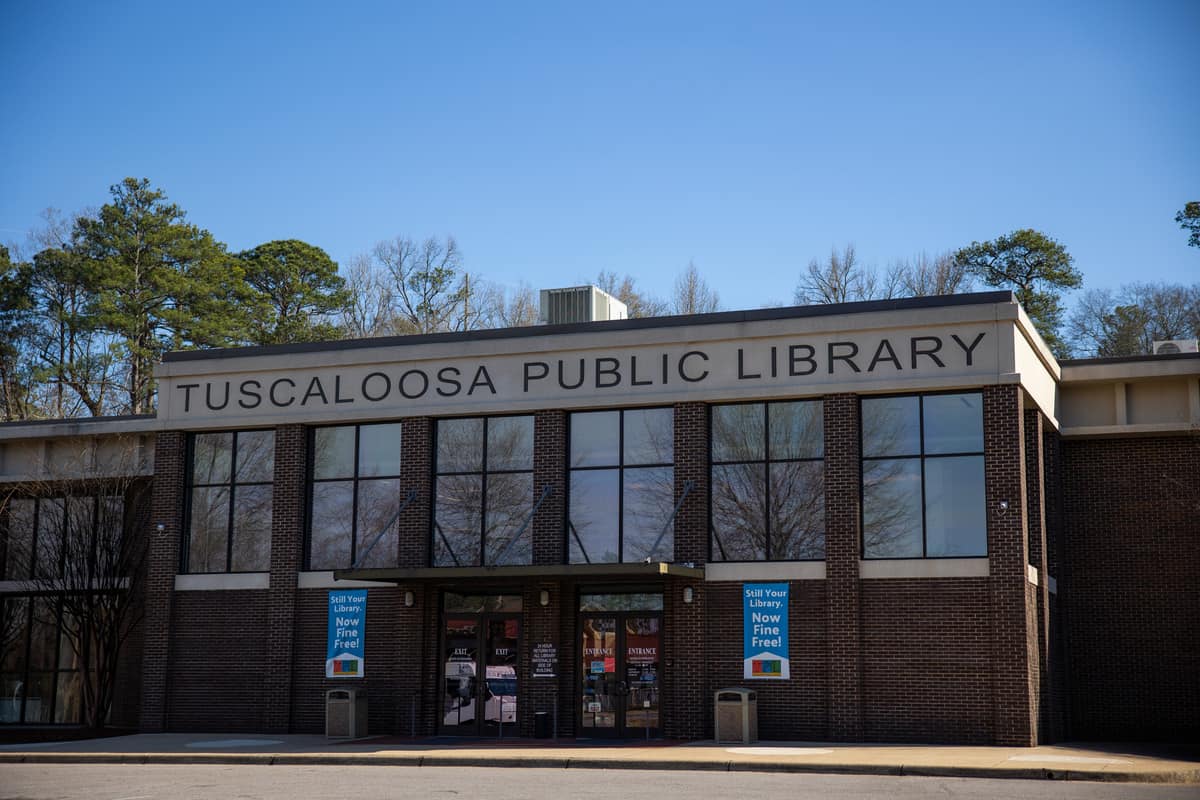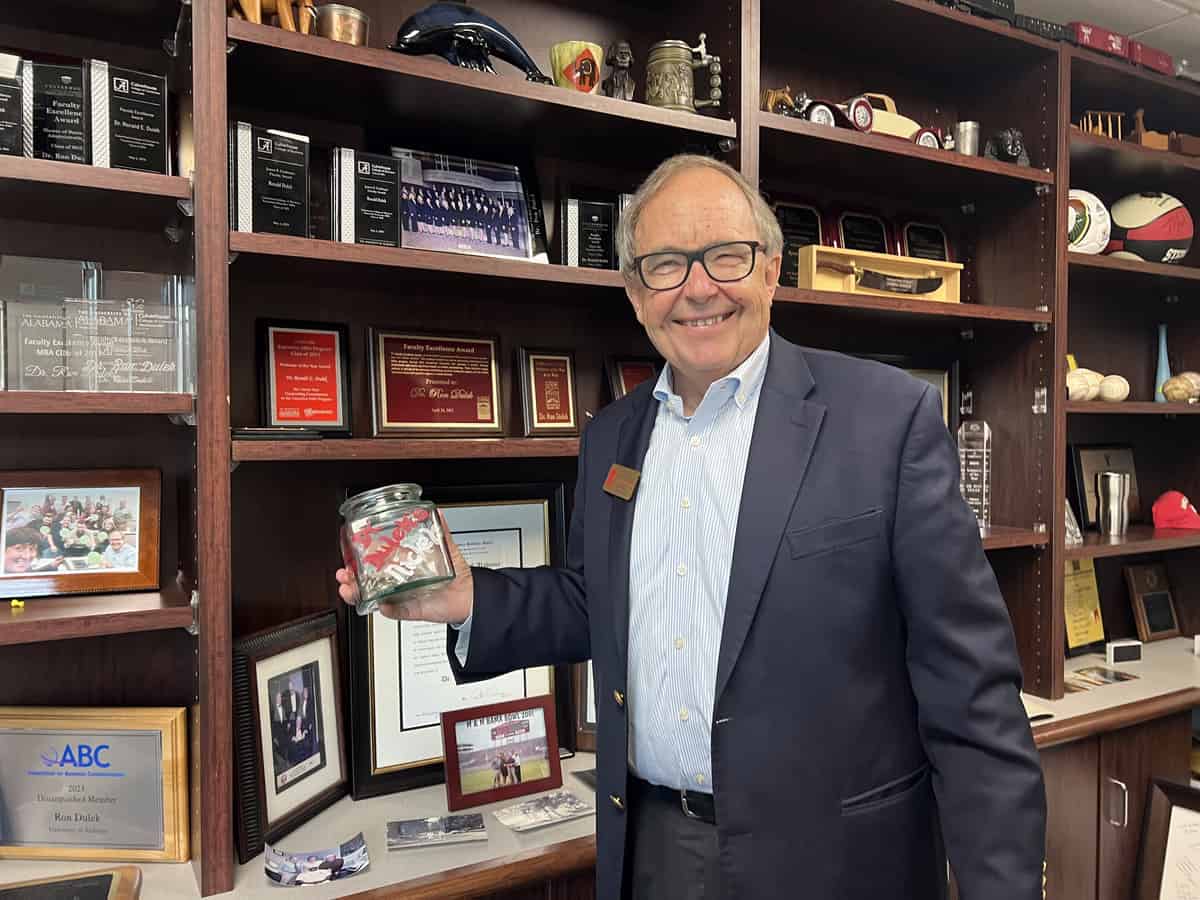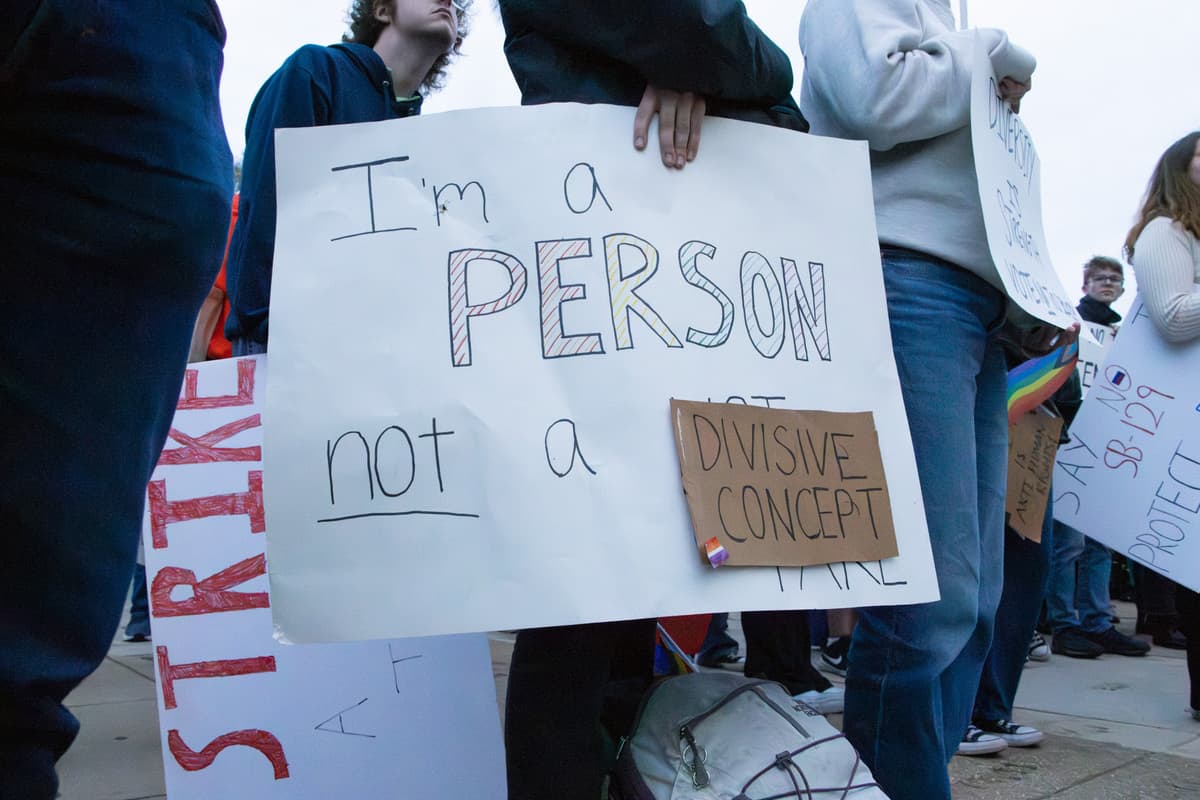During my time here, I have seen The University of Alabama’s free speech policies from every angle: as a marcher in the unapproved “Final Stand in the Schoolhouse Door,” as an officer in Students for Open Doors and Ethical Leadership, as a member of our assembly of campus leaders discussing free speech from a variety of perspectives and now as a student worker in one of the offices that approves events under the new system. As a frequent event planner, I can say many things have changed for the better.
The new Event Smart system established last fall has made the process of applying for space for free expression on campus faster, easier and more accessible to all students. It has taken an outdated paper process online and changed it from being an issue of sole discretion of the Risk Management and Grounds Maintenance staffers to being in the hands of a wider committee of professionals. This has addressed the information asymmetry that existed between older more established organizations and new outsider clubs.
However, while systemic improvements have made life easier for planners of pre-planned meetings, fundraisers and social and educational events, they have done little to restore the decades of distrust that have developed between students and administrators. Currently, Event Smart requests that students submit requests seven to 10 business days before the event in question. The new system has not yet been tested by the need for immediate demonstration, and the University has not laid out a process to circumvent Event Smart’s built-in delays to allow for free expression in emergencies.
If the need arose for a sudden demonstration, I still don’t trust that my administration wouldn’t do everything in its power to discourage and derail any free expression that might bring press attention to its students. Meanwhile, every traveling preacher and anti-LGBT group with a megaphone and angry signs can yell at students from whatever corner of campus they so choose. This gives an observer the impression that The University of Alabama cares more about the possibility that an outsider will sue over their First Amendment protections than the fact it infringes upon the protections of its students.
The University of Alabama must step up and put its students before its out-of-state-friendly image and establish a public process that would loosen free speech restrictions, nurture trust between students and administrators and ensure every student knows how to express their constitutional rights on short notice. This could be accomplished by designating a point person to register last-minute political, social or religious expressions or by acknowledging an assumed right to free speech in the absence of violence. “Public disturbance” cannot be the sole reason for shutting down a demonstration when non-students with megaphones are not held to the same standard.
The calm between storms is a time to reflect and improve upon on the systems that have silenced students. However, The University of Alabama should not think this calm means another storm will not arise. Colleges will always be hotbeds for activism and incubators for radical ideas, and the University should not just accommodate but encourage the personal development and free expression of the minds it has been trusted with. This will require students, faculty and administrators working together to restore trust, create transparent systems and establish processes that are even-handed enough to handle the politics of our time and flexible enough to adapt to change in the future.
Leigh Terry is a junior majoring in economics and political science. Her column runs biweekly.






